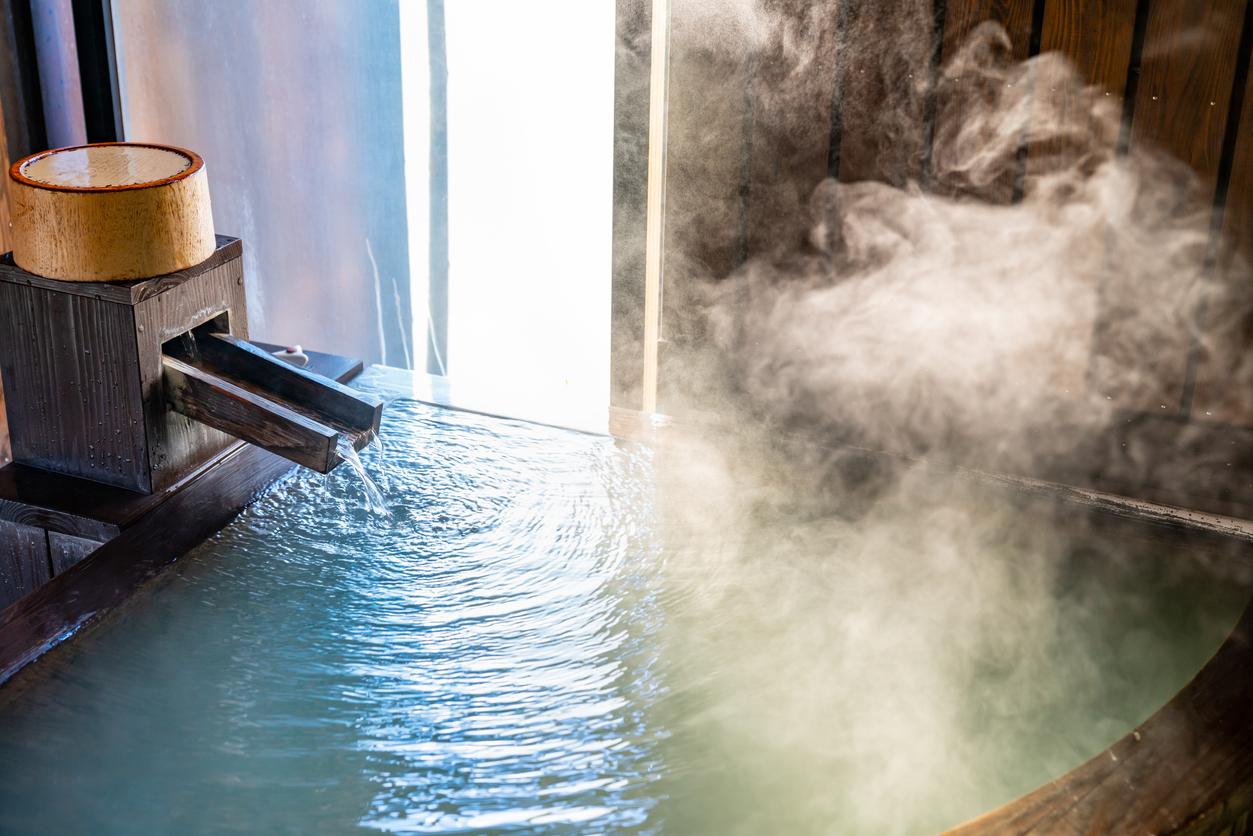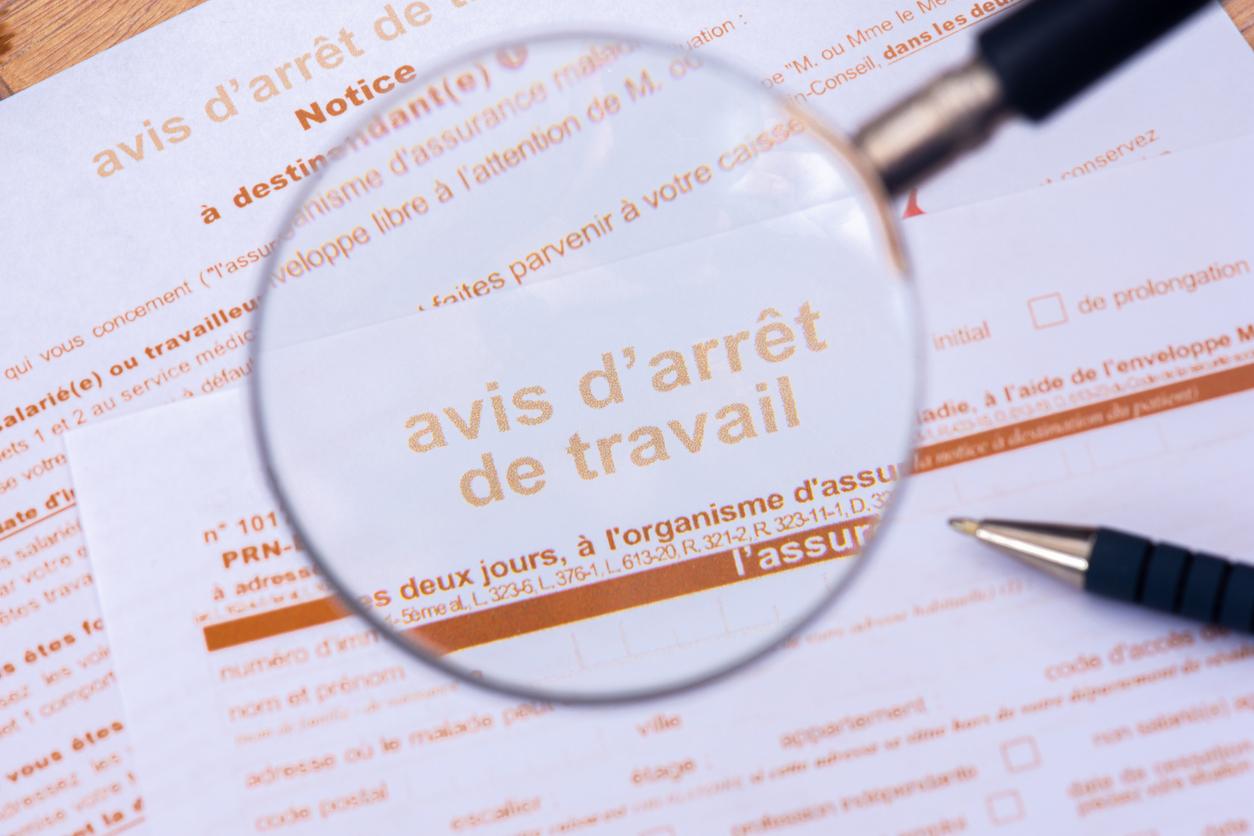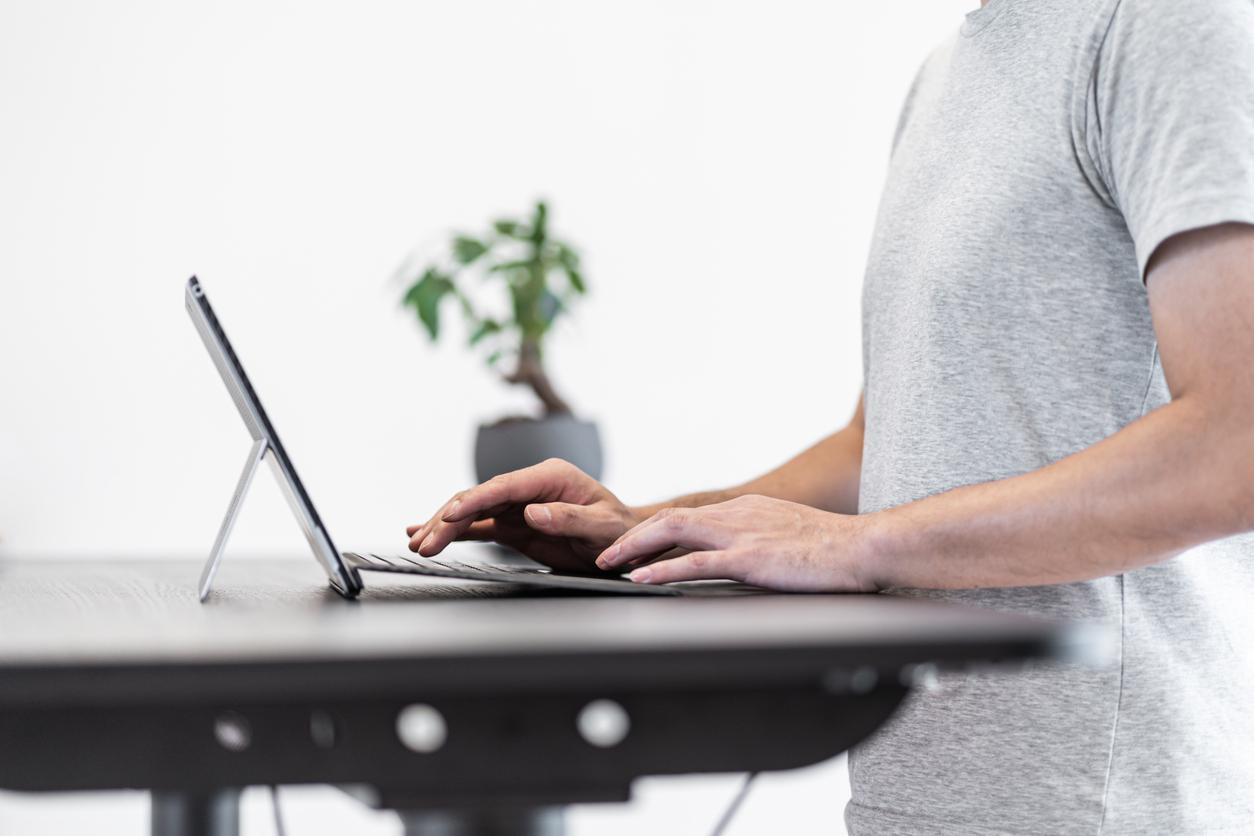Researchers have looked into the importance of relaxation and recovery after work… to be more efficient!

- According to researchers, recovery is essential for the well-being of workers.
- Having a hobby after work seems to be one of the best ways to unwind.
- The beneficial effects being of short duration, the researchers invite to practice relaxation activities on a regular basis.
To be calm and efficient at work, nothing beats relaxing after a day: this is the conclusion of a study published in the Journal of Occupational and Organizational Psychology.
Burnout is a public health issue
Work-related stress and burnout have become a serious and pervasive problem in many countries. In France, according to a study carried out in early 2022 by OpinionWay for the firm Empreinte Humaine, 34% of employees would be in burn-out, including 13% in severe burn-out, i.e. 2.5 million people.
While there is considerable literature on the consequences of high demands in the workplace, less emphasis has been placed on the role of recuperation outside of work hours acknowledge researchers in this field of study. Yet adequate recovery on a daily basis is crucial for maintaining well-being and professional performance.
Relaxing the night before allows you to work more peacefully the next day
Recovery occurs after a stress, when the stressor is no longer present and represents the process that repairs the negative effects of the stress. More specifically, recovery refers to the mechanism during which an individual’s functioning returns to its pre-stressor level and during which tension is reduced.
The researchers relied on the activity logs of 124 employees for 887 days. It appears that people who had a better quality of recovery during the evening than usual had higher levels of alertness and calmness when they started work the following day.
Hobbies, the best way to relax effectively
According to a other study, it is above all the hobbies that have an important restorative function. “Hobbies provide opportunities for personal growth, skill building, and emotionally rewarding “mastery” experiences. In addition, these activities stimulate the brain’s pleasure and reward center and lead to better sleep.”, sum up the authors.
Indeed, in this study, employees reporting higher levels of creative activity such as hobbies had significantly better sleep, better recovery between shifts, and less chronic fatigue.
Regular hobbies also increased recovery and had a positive effect on work commitment in the following days.
Daily relaxation is essential
The authors of the new study note, however, that the effects of recovery are not permanent but fade over the course of the working day:
“Our study shows that daily recuperation during free time is indeed beneficial for employee mood; however, these benefits do not last all day”regrets one of the authors Maike Arnold, of the University of Mannheim, in Germany.
The researchers therefore invite you to relax very regularly to benefit from the long-term effects.
















